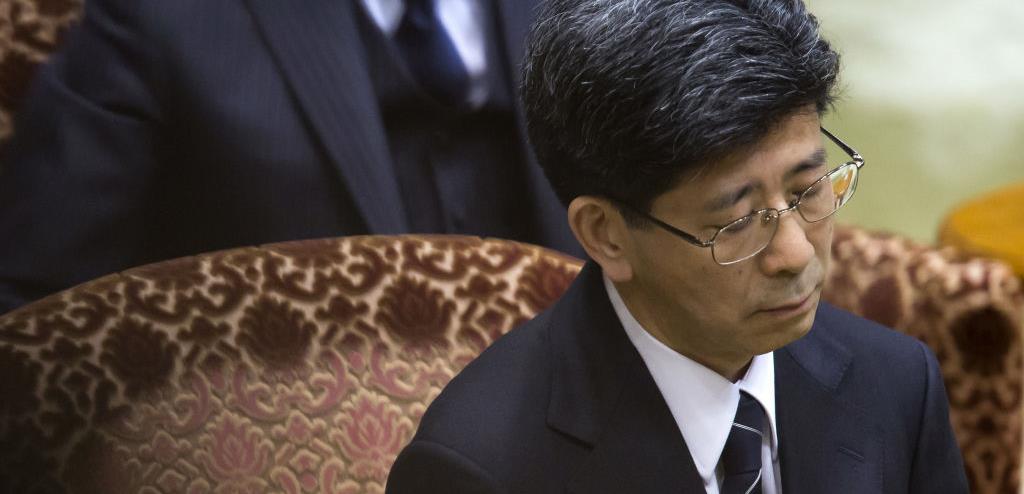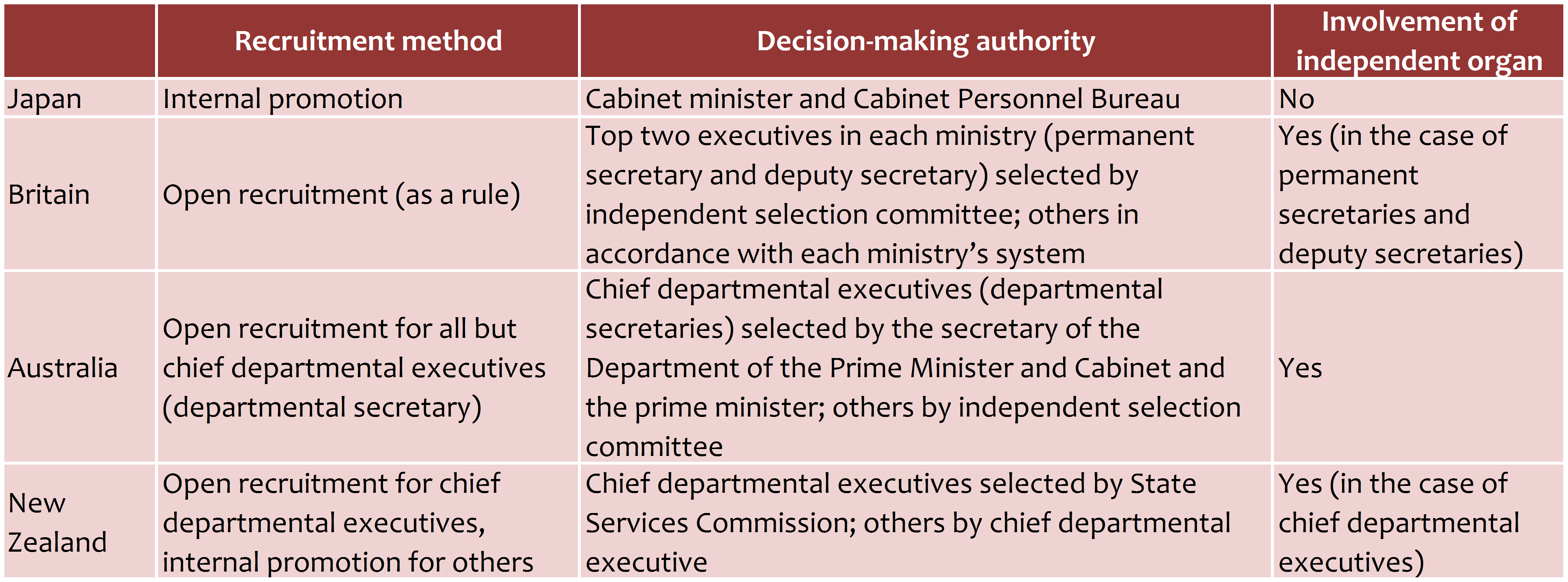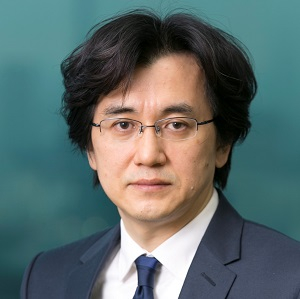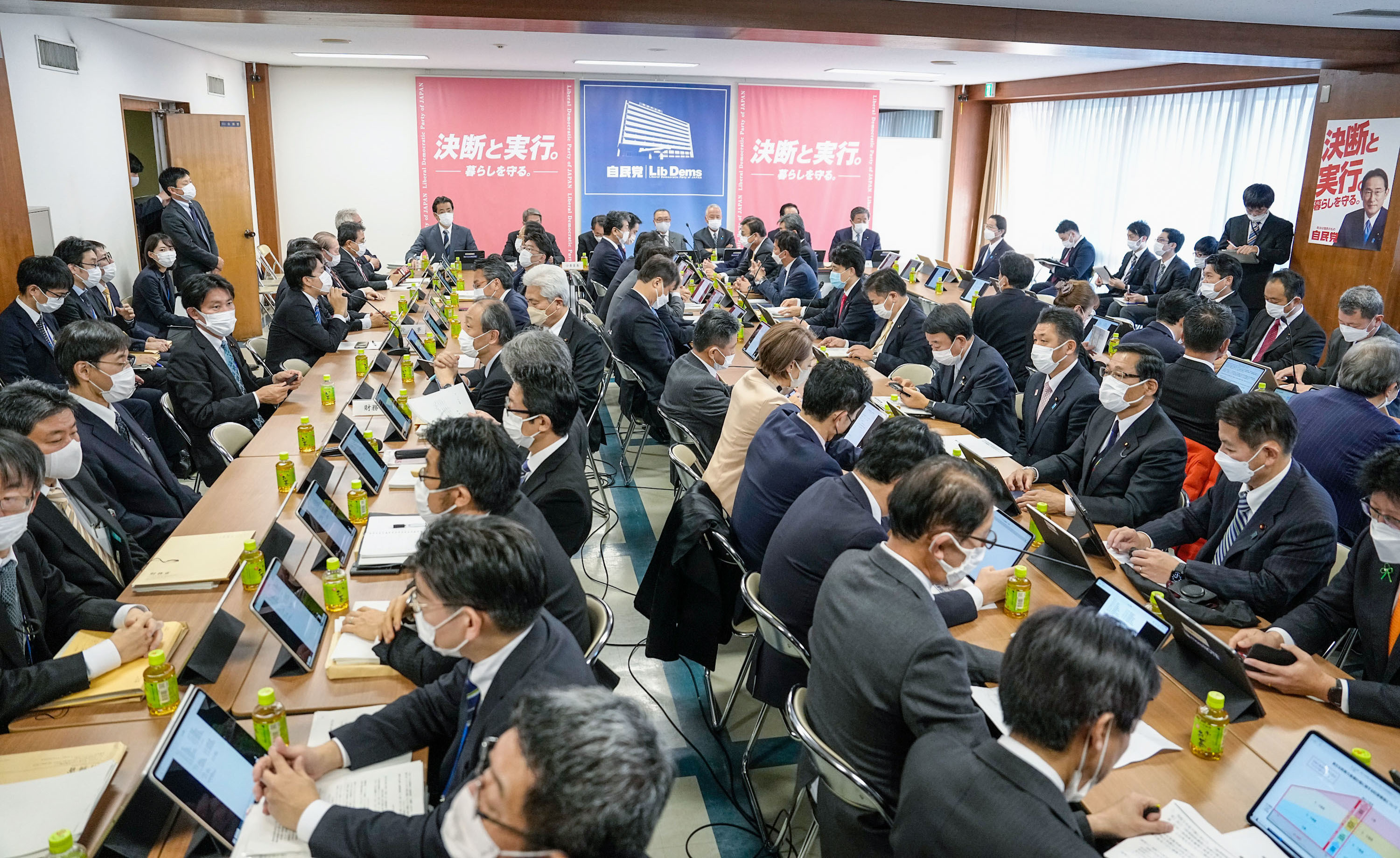- Article
- Japanese Politics
Balancing Political Leadership and Bureaucratic Autonomy: Scandals Highlight the Need for a Correction
June 20, 2018

After decades of reform aimed at strengthening the power of the prime minister and bringing the bureaucracy to heel, a series of scandals has raised troubling new questions about the integrity of Japan’s public administrators. Sota Kato approaches the crisis as an opportunity to take stock and make much-needed corrections.
* * *
The Japanese government is no stranger to scandals, but the major controversies now threatening to engulf the cabinet of Prime Minister Shinzo Abe suggest a mind-boggling lack of integrity at the highest levels. The scandals have raised fundamental questions about the relationship between Japan’s political leaders and its civil servants.
Independence or Accountability?
The Moritomo Gakuen scandal, which broke in February 2017, has escalated sharply with revelations of document doctoring and false statements by senior officials in the Ministry of Financeーapparently aimed at deflecting charges of favoritism on behalf of the prime minister’s wife. Similarly, the Kake Gakuen scandal has roared back to life with the emergence of documents from multiple sources (including Ehime prefectural officials and the Ministry of Education, Culture, Sports, Science, and Technology) flatly contradicting repeated denials by ministry officials, as well as by Abe and his staff. Meanwhile, officials in the Ground Self-Defense Forces have uncovered activity logs that the Defense Ministry insisted did not exist. How can there be accountability in government when official documents and statements have been falsified?
The two factors that commentators have most frequently adduced in attempting to explain this extraordinary behavior are the concentration of power in and around the Prime Minister’s Office and a bureaucratic culture of sontaku in which officials strive to curry favor with the prime minister and his circle. Among those endorsing the view that sontaku played a part are former Vice-Minister Kihei Maekawa, who ran the Education Ministry at the time of the events leading to the Kake Gakuen scandal, and former Prime Minister Jun’ichiro Koizumi, credited with launching the administrative reforms that have so strengthened the leadership of the prime minister.
Sontaku is certainly one way to explain the bizarre conduct of some of our top bureaucrats over the past couple of years, but it is difficult to actually prove. What we can say with reasonable confidence, based on recent theoretical studies, is that when power is concentrated in the hands of a few and information is imperfect, there is always the danger of inducing sontaku behavior. From this standpoint alone, it may be a good time to stop and rethink some of the political and administrative reforms of the 1990s designed to shift power away from the bureaucrats and achieve political leadership under the prime minister and his staff.
Reform Gone Awry?
The issue really boils down to the balance between professional autonomy and political control in the civil service, a key theme in public administration going back at least to the Friedrich-Finer debates of the 1940s. Long criticized as insular, compartmentalized, and resistant to political leadership, the Japanese bureaucracy is in danger of veering to the opposite extreme, as senior officials abandon their professional integrity in their haste to appease those at the center of political power.
Make no mistakeーthe administrative reforms initiated in the 1990s and brought to fulfillment by the second Abe cabinet have benefited the nation in many ways. Excessive regulatory control by the bureaucracy had long stifled competition and innovation in Japan. The Kake Gakuen affair pointedly illustrates why those reforms were needed: The administrative decision that triggered the scandal was approval for a new veterinary medicine programーthe first authorized by the Education Ministry in more than 50 years. This is just one example of the kind of regulatory logjam that the Abe cabinet has managed to break or circumvent through political leadership. By breaking down the walls of bureaucratic sectionalism, it also overcame fierce opposition from vested interests to join the negotiation process for the Trans-Pacific Partnership (TPP).
But recent events raise the distinct possibility that the vested interests formerly ensconced behind the walls of various ministries are now, instead of dissipating, simply being drawn a few blocks away toward the Prime Minister’s Office, to where bureaucratsーever alert to the sources of real powerーare shifting their loyalties. This would render the last two decades of reform virtually meaningless.
One of the most powerful weapons the Prime Minister’s Office has when it comes to bringing the bureaucracy to heel is the Cabinet Bureau of Personnel Affairs. Established by the Abe cabinet in 2014, the bureau is responsible for nominating candidates to fill some 600 executive positions across the civil service. It is doubtful whether the bureau, which answers directly to the chief cabinet secretary, has either the capacity or the will to objectively compare the professional qualifications of all the candidates for these positions. The big concern is that, under the bureau’s influence, political pressures are undermining whatever professional autonomy our civil servants may have had, effectively turning them into the prime minister’s errand boys.
Viewing the System in Context
It would not do simply to reverse course and abandon the principle of unified leadership under the prime minister. But we do need a course correction to preserve the autonomy of the civil service and avoid a culture of toadyism centered on the Prime Minister’s Office. To determine the kind of correction needed, we must identify the shortcomings of the reforms carried out to date. As I see it, the problems boil down to two fundamental failures.
The first was a failure to grasp the ramifications of a particular reform in the larger institutional and social contextーincluding the context of parliamentary government.
The basic model for the reforms launched in the 1990s was Britain’s Westminster system. Under Britain’s parliamentary government, the prime minister and the cabinet wield considerable power. But this power is checked and balanced by the independence of the civil service. This is guaranteed by severe restrictions on the ability of the prime minister and cabinet ministers to appoint or dismiss senior ministry officials (although they can select special political advisers). In other parliamentary democracies, the appointment powers of politicians are subject to various external checks, such as the participation of independent selection committees (see table). Japan, by contrast, has adopted a system that hands the cabinet ministers and the Cabinet Personnel Bureau full decision-making powers in the appointment and dismissal of senior civil servants. The appointment system itself gives Japan’s senior civil servants far less political independence than that guaranteed their counterparts in other parliamentary democracies.
Furthermore, the political pressures to which Japan’s senior bureaucrats are subject are greatly magnified by the practice of early retirement for civil servants. By long-established custom, career bureaucrats recruited in any given year advance in lockstep until there are no longer enough positions for them to fill. When that happens, those who are passed over are expected to retire, regardless of age. In addition, the Japanese labor market is notoriously lacking in mobility, severely limiting opportunities for reemployment.
Even so, bureaucrats had little to fear in the past, thanks to the custom of amakudari , under which retiring officials stepped into generous post-retirement positions awaiting them in private, academic, or quasi-governmental organizations. But that practice came under fire, and such posts have become scarce. This means that most of the candidates for the 600 positions under the management of the Cabinet Personnel Bureau are facing unemployment if they are not selected. One should note also that pension benefits are less generous in Japan than elsewhere. Under the circumstances, one begins to understand why senior officials might let their conduct be guided by their own short-term interests, resulting in the alignment of their position to the interests of those in and around the Prime Minister’s Office.
Senior Civil Service Appointments in Selected Parliamentary Democracies

Taken together, Japan’s systems and practices give extraordinary, unchecked appointment powersーunparalleled in other parliamentary democraciesーto the cabinet ministers and the Cabinet Personnel Bureau. What is missing is a mechanism to tap the impartial expertise of civil servants as a check on political discretion. It would be far preferable to have the minister and the Cabinet Personnel Bureau make the appointment from a small number of candidates chosen by an independent selection committee. In addition, the scope of the Cabinet Personnel Bureau’s authority should be limited to officials at the ranks of vice-minister and bureau director-general or their equivalent, not extended to deputy director-general, as at present.
In terms of job security, most parliamentary democracies guarantee their top civil servants a term of service longer than those of their elected officials to help the former preserve a long-range, politically neutral, independent perspective. Japan might consider a system like that used in Germany, in which unsuccessful candidates for senior executive posts are treated as temporary retirees and given a guaranteed income for a specified period of time.
The Importance of Delegation
The other key perspective missing from our current system is an understanding of the incentives and motivations driving individual politicians, bureaucrats, and other players in the system. Since around the 1980s, political science has made great strides in applying game theory and contract theory to understand the relationship between politicians and bureaucrats in a situation of imperfect information. Unfortunately, there is no indication that the designers of Japan’s administrative reforms made use of such insights.
For example, there is a considerable body of research addressing the question of why governments delegate policymaking power to independent committees and agencies. One widely accepted explanation is that, by delegating authority in this manner, political leaders signal a “credible commitment” to particular policies. Strong executives who do not delegate authority are likely to find themselves incapable of committing credibly to a policy, which paradoxically constrains their ability to take effective action.
Thomas Schelling, winner of the Nobel Prize in economics, argued that political leaders must, in effect, tie their own hands in order to make a credible commitment. Traditionally, governments have done this by delegating authority to public administration professionals empowered to function independently, not merely execute the political will of the current regime. A system that guarantees bureaucrats a high degree of autonomy, in other words, allows the government to commit credibly. It also discourages favoritism and protects both politicians and bureaucrats from charges of corruption and abuse of power.
Under the Abe cabinet, however, the Prime Minister’s Office has been unwilling to delegate. Instead, it has actively intervened to control the appointment of top ministry officials, Bank of Japan governors and deputy governors, and the members of various and sundry advisory panels. To restore checks and balances to our system of public administration, we need a mechanism to ensure the application of rigorous criteria, with an emphasis on expertise and diversity, in the selection of senior civil servants, members of advisory panels and commissions, and other nonpolitical positions. Of course, the civil service must do its part by training its members to place professional integrity over the interests of their own ministry.
The scandals of recent months should be seen as a wakeup call, a sign that the political and administrative reforms begun in the 1990s have overshot their mark. But let us not make the mistake of throwing out the baby with the bathwater. Virtually all systemic reforms require some course corrections along the way; indeed, such modifications by trial-and-error are generally more critical to the success of the reform than the initial plans. Let us approach the current crisis as a valuable opportunity and make the most of it.
Translated from “Kanryo no jiritsusei no kakuho hitsuyo,” Keizai Kyoshitsu, Nihon Keizai Shimbun, April 19, 2018. (Courtesy of Nikkei Inc.)




